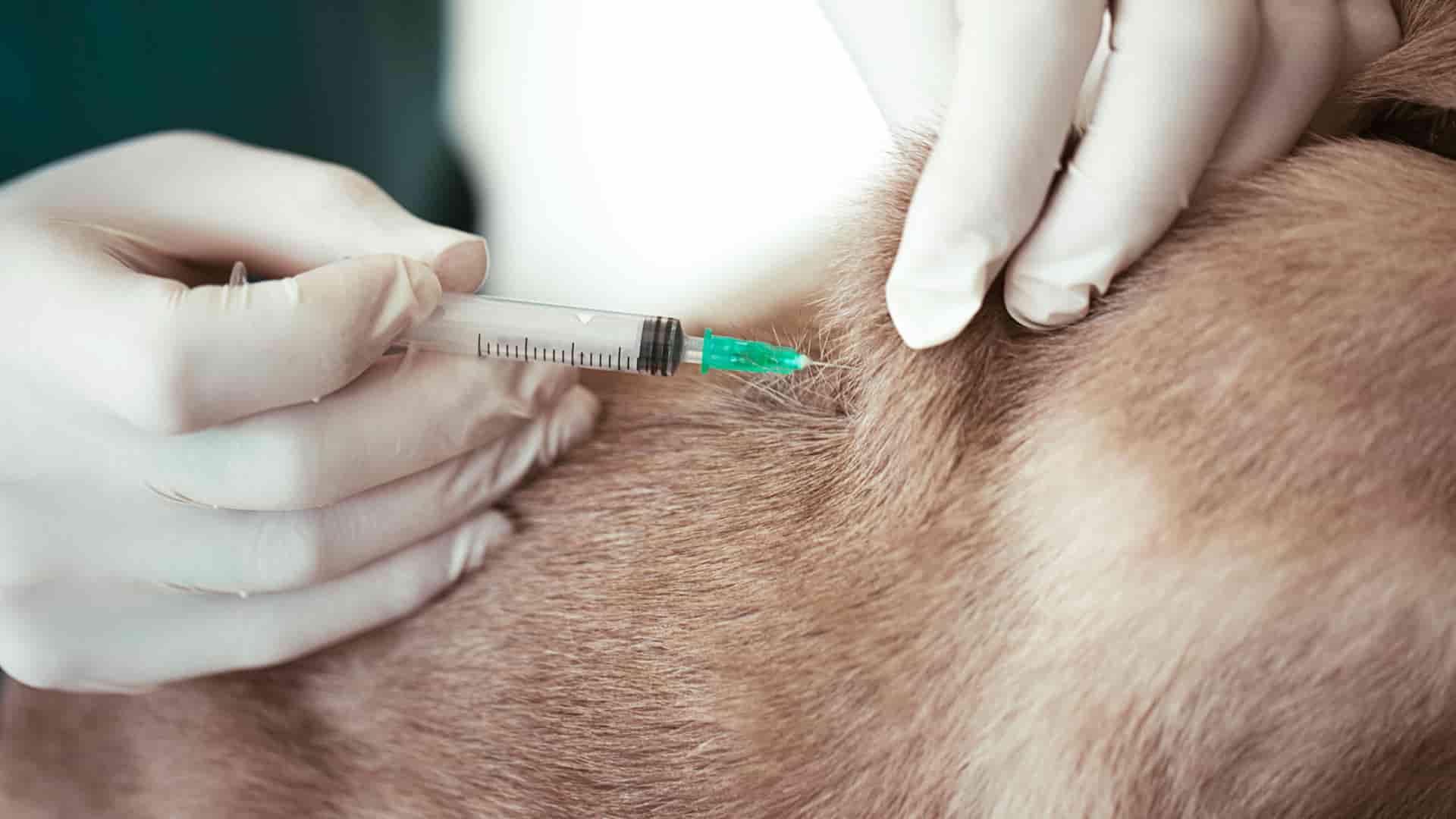What is the Bordetella vaccine?
Original Question: What is the Bordetella vaccine for dogs? - Jenna
 Feb 10, 2019
Feb 10, 2019
Hi Jenna,
Thanks for your question.
The Bordetella vaccine is used in dogs to help create immunity against a bacteria called ‘Bordetella Bronchiseptica’ that causes infectious tracheobronchitis, otherwise known as ‘Kennel Cough’.
‘Kennel Cough’ is a respiratory infection of the upper airway. It causes a non-productive hacking cough that often makes owners think their dog has ‘something caught in its throat’. It may get bad enough to cause inflammation in the eyes, nasal or ocular discharge, enlarged lymph nodes, fever, and can turn into pneumonia if it travels down the respiratory tract to the lungs. This disease is easily shared through saliva and nasal secretions making it highly contagious. The treatment is simple and effective by administering antibiotics. Young puppies, older dogs, and immune-compromised dogs may become more seriously ill, especially if pneumonia develops.
Symptoms often occur a few days after being exposed to a dog that has clinical kennel cough. For this reason, it is common to catch this during a stay at a boarding kennel or being serviced at a grooming facility. Many of these facilities now require that you have your dog vaccinated against this bacteria in order to use their services. We recommend this vaccine if you need to use these services or if your dog has repeated exposure to many dogs. If you want to reduce the need for vaccination, you could find a private groomer that takes one dog at a time in their home or board your pet with a friend during a vacation rather than a boarding facility. Only if a significant risk exists, we recommend vaccinating at 8 and 12 weeks, then annually if the risk of exposure persists. If using the intranasal product, 1 vaccination at either 8, 12 or 16 weeks is sufficient.
Hopefully this information helps. Best of luck!
Dr. Clayton Greenway


Disclaimer: healthcareforpets.com and its team of veterinarians and clinicians do not endorse any products, services, or recommended advice. All advice presented by our veterinarians, clinicians, tools, resources, etc is not meant to replace a regular physical exam and consultation with your primary veterinarian or other clinicians. We always encourage you to seek medical advice from your regular veterinarian.

